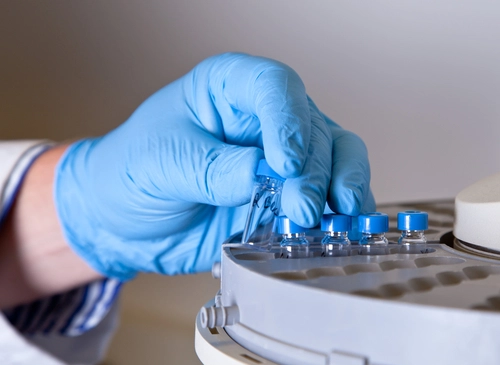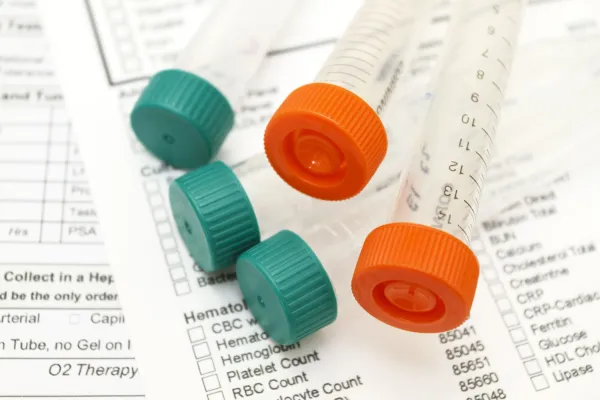Pathology/Lab Coding Alert
Beware Unbundling 'Sample Validation'
Question: Can we bill together a urinalysis for pH and constituents (81001) and a urine drug test (80305)? Mississippi Subscriber Answer: You should be careful about billing together a drug test code such as 80305 (Drug test[s], presumptive, any number of drug classes, any number of devices or procedures [eg, immunoassay]; capable of being read by direct optical observation only [eg, dipsticks, cups, cards, cartridges] includes sample validation when performed, per date of service) with a urinalysis code such as 81001 (Urinalysis, by dip stick or tablet reagent for bilirubin, glucose, hemoglobin, ketones, leukocytes, nitrite, pH, protein, specific gravity, urobilinogen, any number of these constituents; automated, with microscopy). Here’s why: The drug test code includes sample validation. Validation involves testing to ensure that the specimen is urine, as well as using protocols to ensure that the urine specimen came from the patient. None of these services are separately billable — validation is included in test allowance for drug screens. Common tests to ensure that the lab has a urine specimen might include urinalysis (81003, Urinalysis, by dip stick or tablet reagent for bilirubin, glucose, hemoglobin, ketones, leukocytes, nitrite, pH, protein, specific gravity, urobilinogen, any number of these constituents; automated, without microscopy) or creatinine (82570, Creatinine; other source) and pH (83986-QW — pH; body fluid, not otherwise specified, CLIA waived test). However, if the clinician orders both a urine drug screen and a separate urinalysis with signs or symptoms that show medical necessity for the tests, you can bill them together. Caution: Medicare’s Correct Coding Initiative (CCI) edits bundle 81001 as a column 2 code with 80305. But you’re allowed to append a modifier to 81001 to override the edit pair when the lab separately performs the two separately-ordered tests. To help show they’re distinct services that deserve separate payment (and be sure they are before you report both codes), modifier 59 (Distinct procedural service) may be appropriate, or if your payer accepts X modifiers, one of those may be a better choice.
Related Articles
Pathology/Lab Coding Alert
- Hemicolectomy Evaluation:
Parse Your Pathology and Lab Reports to Execute Correct Crohn's Coding
Look for specific diagnostic statement. If your lab encounters the following specimens and provides the [...] - MACRA Update:
Embrace Help From MIPS Low-Volume Threshold Change
Small pathology practices find relief under QPP proposed rule. Maybe you’ve barely digested Medicare’s 2017 [...] - News You Can Use:
Anticipate MPFS Price Change for Your Pathology Services
Comment on CLFS revaluation process too. CMS recently released the proposed rule for the 2018 [...] - You Be the Coder:
Don't Lose Pay for 'Scant' Bone Marrow Aspirate
Question: Our pathologist examined a bone marrow aspirate and reported “scant cellular spicules.” However, the report [...] - Reader Question:
Beware Unbundling 'Sample Validation'
Question: Can we bill together a urinalysis for pH and constituents (81001) and a urine drug [...] - Reader Question:
Spotlight Accurate Strep-Test Ordering Dx
Question: Our lab received an order for a strep test for a patient with “recent onset [...]




